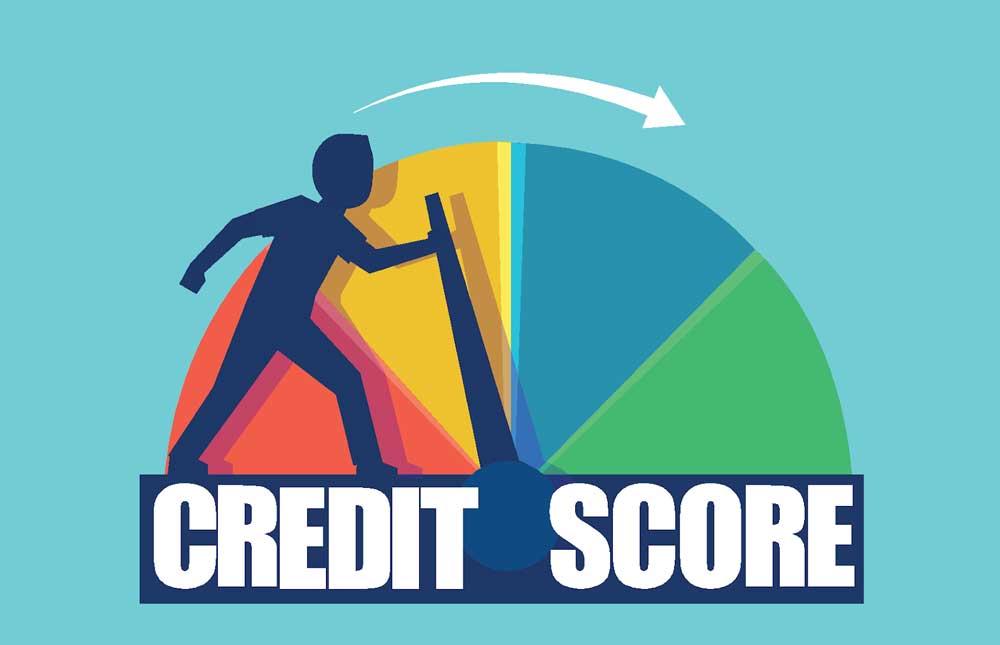Pay for Delete Letter
If you have bad credit because of your unpaid debt, you probably want to remove it since it will have an impact on your credit report. And later on, cause you difficulties when you want to apply for a new credit card or a loan. One of the solutions offered to settle and clear you out from your existing debt is sending out pay for delete letter. But what is it all about?
What is a Pay For Delete Letter?
A pay for delete letter is a useful negotiation tool if you want to remove all your negative collection information from your credit history. By writing a pay for delete letter, you are requesting your creditor to remove your negative information from your credit account once you pay your debt in full or settle it based on the agreed amount.

How Does This Letter Work
When is it Okay to Send a Pay for Delete Letter
So now, you may be wondering how you could send one to clear your name out from your past credits. But you need to remember that pay for delete letter may or may not work for you, depending on the type of debt you have.
Mostly, corporate banks and credit unions do not allow this kind of strategy. But for utility bills like cable, electricity, or phone bills, it may work.
So here are the cases when you can try to send this letter.
The credit reporting time limit is still far from expiration
Check if your debt is about to expire. If it is, it won’t have any impact left on your credit score after the time limit expires. Therefore, no need for a pay for delete letter. But if it is still years away, you can consider sending a pay for delete letter to remove your negative credit record.
You are capable of paying the full amount you owe
Most pay for delete letter requests, once approved, only gave you a short time to settle the payment. So if you think you can pay the total amount you owe in a one-time payment, then it’s better to send the letter.
You submitted a debt validation letter and the collector provided proof
Some collectors could still request payment even if your state’s credit limitations on late accounts run out.

How to Properly Send a Pay for Delete Letter
- You don’t need to send a pay for delete letter if your old debt is not recorded in your credit report. So it’s best to just leave it alone.
- Always keep a copy of the pay for delete letter you sent, so you can have your record. Always do this when responding to any collection agency companies, creditors, and even credit bureaus.
- Make sure to send the letter and your follow-up payment through a certified mail return receipt to always have proof that both the letter and the payment you will send are received.
Things to Do When Your The Letter is Rejected
Pay for delete letter doesn’t always work the way you want it to. There will be times that a collection agency will reject it or won’t be willing to cooperate with you. If this happens, there are still other options.
The first is the Fair Credit Reporting Act (FCRA) that allows credit bureaus to make an investigation with the involved collection agency. If the agency can’t give proof of the accuracy of the account or if they fail to give their response within 30 days, the collection account will be removed from the credit report.The second option is debt validation where you need to send a debt validation letter to the collection agency. If they cannot validate the debt, it will then be removed from your credit report.
